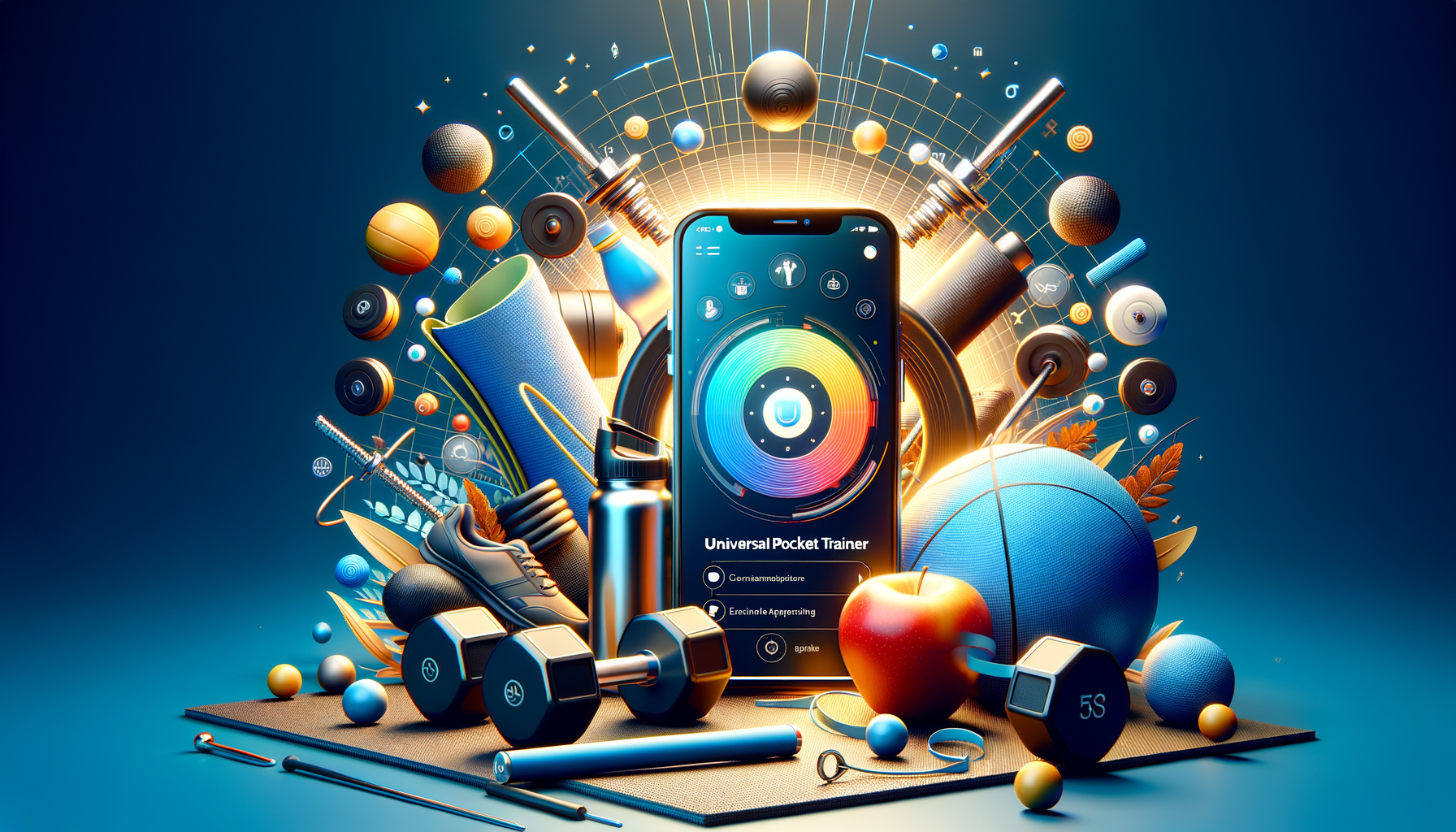Introduction to Fitness Apps: A Modern Approach to Health
In today’s fast-paced world, maintaining a healthy lifestyle can be challenging. However, the advent of fitness apps has transformed this landscape, offering a modern solution to staying fit and active. These digital tools serve as personal trainers, nutritionists, and motivators, all rolled into one convenient package that fits in your pocket. Fitness apps are designed to cater to a wide range of users, from beginners looking to start their fitness journey to seasoned athletes seeking to enhance their performance. By providing tailored workout plans, tracking progress, and offering nutritional advice, these apps empower individuals to take control of their health in a way that is both accessible and efficient.
Fitness apps have become increasingly popular due to their ability to provide personalized experiences. They use algorithms and user data to create workout routines that match individual fitness levels and goals. This customization ensures that users are neither overwhelmed by overly complex exercises nor under-challenged by routines that do not push their limits. Moreover, many apps offer features such as video demonstrations, progress tracking, and community support, which enhance user engagement and motivation.
The convenience of having a fitness coach available at any time is a significant advantage of fitness apps, especially for those with busy schedules. Users can exercise at their own pace and in their preferred environment, whether it’s at home, in a gym, or outdoors. This flexibility, combined with the cost-effectiveness of apps compared to traditional gym memberships or personal training sessions, makes fitness apps a compelling choice for many.
Features of Fitness Apps: What to Look For
When choosing a fitness app, it’s essential to consider the features that will best support your fitness journey. Here are some key elements to look for:
- Variety of Workouts: A good fitness app should offer a wide range of workouts catering to different fitness levels and interests, such as cardio, strength training, yoga, and pilates.
- Customization: The ability to tailor workouts to your specific goals, whether it’s weight loss, muscle gain, or general fitness, is crucial. Look for apps that allow you to set and track personal goals.
- Progress Tracking: Tracking your progress over time helps maintain motivation and provides a tangible measure of success. Many apps offer features to log workouts, monitor calorie intake, and track weight changes.
- Integration with Wearable Devices: If you use fitness trackers or smartwatches, find an app that integrates seamlessly with these devices to provide comprehensive data analysis.
- Community and Support: Access to a community of like-minded individuals can provide additional motivation and support. Some apps offer forums, challenges, and social features to connect users.
In addition to these features, consider the app’s user interface and ease of use. An intuitive design can make a significant difference in how often and effectively you use the app. Reviews and ratings from other users can also offer valuable insights into the app’s performance and reliability.
Benefits of Fitness Apps: Beyond the Basics
Fitness apps offer numerous benefits that extend beyond basic workout guidance. One of the most significant advantages is the ability to foster consistency and accountability. With regular reminders and notifications, users are encouraged to stick to their fitness routines, which is often a challenge when starting a new habit.
Moreover, fitness apps often include educational content that enhances users’ understanding of health and wellness. This can range from articles and videos on proper exercise techniques to nutritional advice and meal planning tips. By educating users, apps empower them to make informed decisions about their health, leading to more sustainable lifestyle changes.
Another benefit is the accessibility of professional advice. Many apps offer access to certified trainers and nutritionists who can provide personalized guidance and answer questions. This feature is particularly valuable for beginners who may feel unsure about how to start their fitness journey safely and effectively.
Finally, the motivational aspect of fitness apps cannot be overstated. Gamification features, such as earning badges and completing challenges, make the fitness journey more engaging and enjoyable. By transforming workouts into a fun and rewarding experience, fitness apps help users maintain their enthusiasm and commitment over the long term.




Leave a Reply